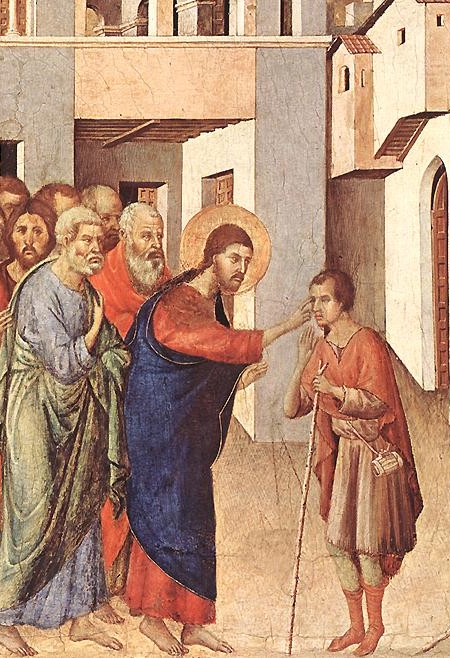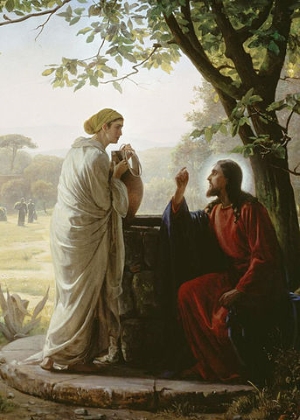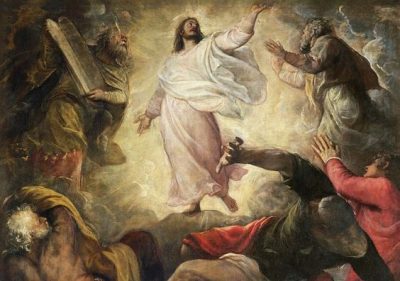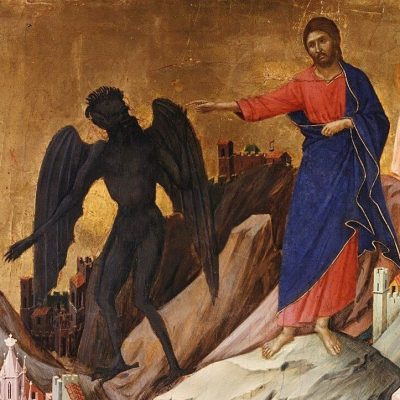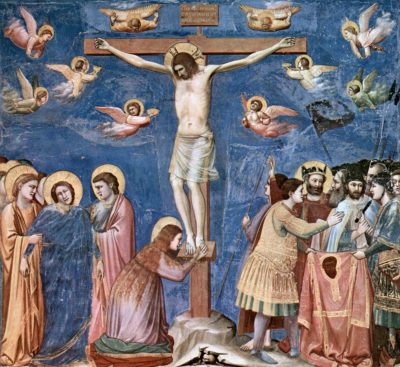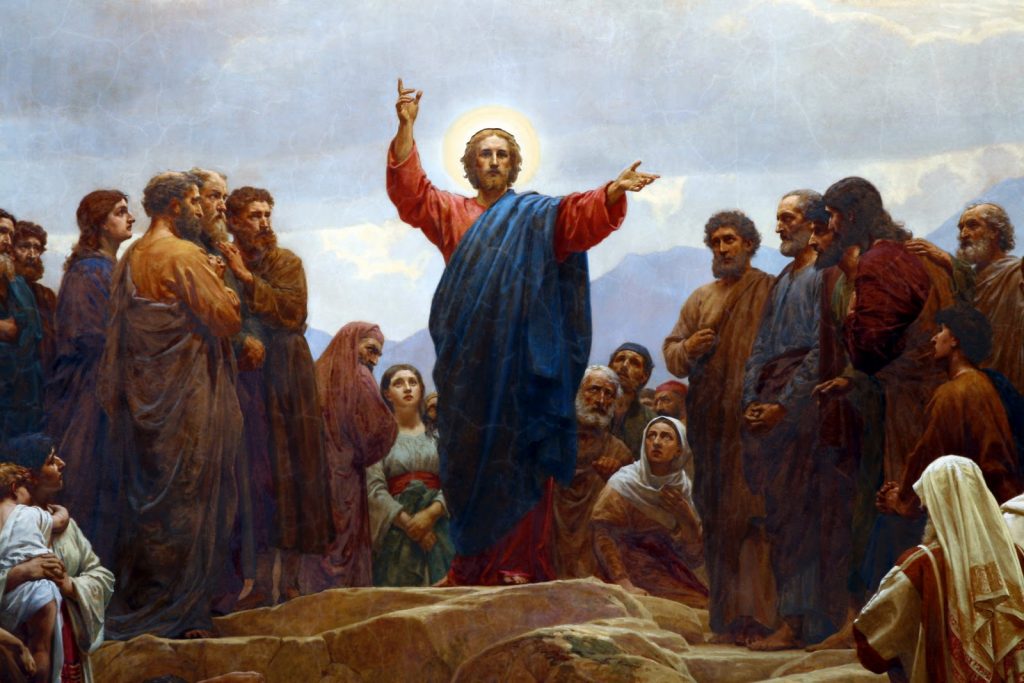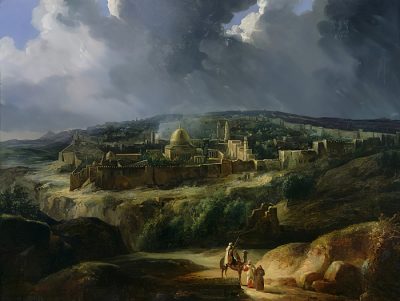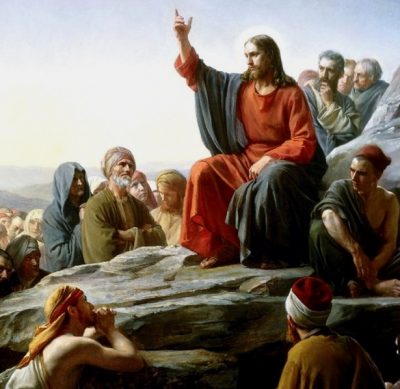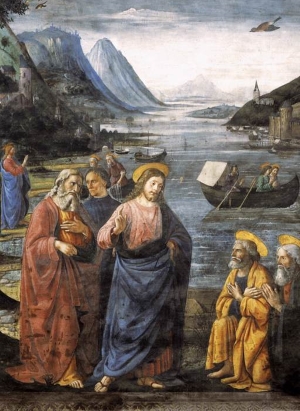Eyesight to the Blind: Scott Hahn Reflects on the Fourth Sunday of Lent
God’s ways of seeing are not our ways, we hear in today’s First Reading. Jesus illustrates this in the Gospel—as the blind man comes to see and the Pharisees are made blind.
The blind man stands for all humanity. “Born totally in sin,” he is made a new creation by the saving power of Christ.
As God fashioned the first man from the clay of the earth (see Genesis 2:7), Jesus gives the blind man new life by anointing his eyes with clay (see John 9:11). As God breathed the spirit of life into the first man, the blind man is not healed until he washes in the waters of Siloam, a name that means “sent.”
Eyesight to the Blind: Scott Hahn Reflects on the Fourth Sunday of Lent Read More »
